The Saturday Read: Madness of the crowd
Inside: Riots, Tim Walz, teenage messiahs, and a stock market crash.
Good morning. Welcome to the Saturday Read, the New Statesman’s guide to politics, culture, books, and ideas. This is Jason, together with Finn, Nicholas, Pippa and George.
In 2022, as we emerged from repeated Covid lockdowns, my state of the nation book about England and Englishness, Who Are We Now?, was published by Picador. Its publication coincided with the full-scale invasion of Ukraine by Putin's Russia, and my preoccupations with shire patriotism, the neglected towns of Deep England, post-industrial decline, British Muslim identity, national populism and much more may have seemed irrelevant to some at that moment of geopolitical crisis. Perhaps not so much now after the recent riots in England and Northern Ireland.
In a short, sombre, victory speech outside Downing Street on 5 July Keir Starmer said he wanted to lead the country on “a rediscovery of who we are”. The implication being that the British people did not know who they were. So, one might ask, who are we now, after the riots and in this new, emerging Labour era in which Starmer had to use the power of the Hobbesian state to contain the forces of anarchy and impose public order…
First, Finn leads off with this week’s picks and then Nick signs-off with a report from the frontline of one of this week’s pro-migrant counter-protests. Standby, too, for a mini-heatwave in parts of England.
The picks…
Good morning, Finn here. Here is a selection of our favourite pieces from across the New Statesman this week – one dominated by riots but punctuated by the emergence of Kamala Harris’s new running mate. Katie Stallard considers Tim Walz’s ascent to the frontlines of American politics. Meanwhile Clive Martin dives into the history of Britain’s national addiction to cocaine. Andrew Hussey writes a letter from Paris – a city au fait with civil unrest – and wonders if that French sensibility has made it across the Channel. As ever, have a great weekend and thanks for reading.
1—“We are two nations unknown to one another.”
National populism has long been a force in British politics. Labour’s mission – to confront the ideology on its own terrain – is one that Keir Starmer’s government cannot afford to neglect, Jonathan Rutherford argues. NH
For the first time in national history, people are living alongside others with radically different civilisational values. Avoiding deeper conflict requires a confident society supported by a strong state capable of controlling the numbers of newcomers, ensuring their integration, and resolving differences through reciprocal agreement of the common good. This is not England today. We are two nations unknown to one another, the powerful and the powerless, united in mutual contempt and incomprehension… This is the political terrain on which Labour must now do battle.
2—”He offends no one.”
Only a fortnight ago hardly anyone thought Tim Walz had a shot at the vice presidency. But then the Minnesota governor went on MSNBC and he called Donald Trump “weird”. In an instant, he redrafted the entire Democrat comms strategy. Katie Stallard interrogates his broad but bland appeal. FMcR
Walz had emerged as the consensus choice among progressives and the anti-Shapiro crowd. Bernie Sanders, the independent senator from Vermont who ran for the Democratic nomination in 2016, publicly backed Walz. Yet it was not only progressives who pushed for Walz. Shaun Fain, the head of the United Auto Workers union, threw his support behind him. As, more quietly behind the scenes, did the former House speaker Nancy Pelosi. After Walz was announced as Harris’s choice on 6 August, Pelosi pushed back against claims that his politics are too far left. “He’s right down the middle,” she said in an interview on the popular breakfast news show Morning Joe. “He’s a heartland of America Democrat.”
3—“Easy highs are the national addiction.”
We weren’t the only ones to notice that there was a headstrong, gurning quality to many of the rioters. Far from a yuppie delicacy, cocaine has become something of a ubiquity in British life. Clive Martin considered its role in the chaos unleashed on British streets over the past two weeks. NH
Although coke has a long-standing reputation as the “drug for people who don’t want to get high”, it can lead you to decisions and actions that are every bit as dangerous as any from a sheet of acid. Occasionally, these delusional bursts of confidence can lead to life-defining questions, such as “Reckon I can jump over that wall?” or “What the f**k is that bloke looking at?” And while these thoughts are less likely to manifest badly at a fashion week party, if you’re scrolling through Discord channels loaded with nationalist vitriol and ugly rumours – you might just do something very stupid indeed. Here, perhaps, cocaine reveals itself as the imperfect accelerator for a troubled populace.
4—“People flounce out of meetings and cry in corridors.”
There has been a long and fruitful cohabitation between academia and the English comic novel: Lucky Jim, Changing Places and most recently Andrew O’Hagan’s Caledonian Road. But, as the great critic John Mullan suggests, academics have become too sensitive for such satirical treatment. NH
It is unreasonable, of course, to hope for positive PR for academia from a satirical novel. British novelists have long loved to depict the absurdities of academics. From Casaubon in Middlemarch to Dr Tetuphenay, who crushes the hopes of Hardy’s Jude the Obscure, the desiccated Oxbridge scholar has been a butt of novelists since the 19th century… Recently, literature academics have become more sensitive to comic depictions of our occupation. English literature has been in decline at A-level. University English departments are shrinking; parents, as much as politicians, are advising the young that studying Keats will not lead to gainful employment. Stem subjects are ascendant. Psychology and business studies and economics have elbowed English lit aside.
5—“The bubble will not deflate without a fight.”
A slew of AI-sceptical company reports burned a trillion dollars off the Nasdaq-100 on 24 July. Will Dunn asks whether that date will come to be known as the day the AI bubble burst, and whether it would be good if it did. GM
There is a deeper philosophical foundation here. Silicon Valley is doing its best to convince itself that it is not stealing from people because personhood is nothing special; personhood is something they can make more of. The most succinct version of this philosophy was tweeted by the OpenAI founder, Sam Altman, in December 2022: “i am a stochastic parrot, and so r u”. A “stochastic parrot” is a random generator of language that is nevertheless convincing. It is, as Maya Angelou famously advised, worth believing someone when they express a belief such as this. The head of the world’s fastest-moving tech company appears to have been suggesting that you and everyone who matters to you is no more human than his chatbot.
To enjoy our latest analysis of politics, news and events, in addition to world-class literary and cultural reviews, click here to subscribe to the New Statesman. You'll enjoy all of the New Statesman's online content, ad-free podcasts and invitations to NS events.
Higher interest rates, pressures on public finances, energy supply shocks and energy transition, fractured supply chains – all of these and more are forcing changes in the way industries and infrastructure are funded according to a recent State Street Private Markets study.
6—“A stunned political class, left paralysed and impotent.”
In a remarkable intervention, Le Figaro – France’s centre-right broadsheet – said that “civil war” was in the air in Britain. Andrew Hussey writes a letter from Paris, a city that knows how to riot. Is there a French flavour to the unrest on British streets? Not yet. But we might be close to the precipice. FMcR
But when European or global problems are downloaded into France they absorb local flavour – as they might anywhere. The revolt of the gilets jaunes was only the most recent example of rural and provincial France taking to the streets, sometimes applying physical force, to protest against their exclusion from centralised political power. This theme runs deep in French history: the civil war has always been a component of French political life. England has experienced civil unrest on the streets – like in 2011 and the 1980s – but it is not built into the architecture of the country.
7—“Not to know beer is not normal.”
Manchester’s only teetotal bar is closed. Henry Jeffreys jigs on the grave. Elephants and fruit flies may like booze as well, but, in the end, alcohol is profoundly human. May it flow forever. GM
In fact, one reason agriculture may have developed in the first place was to provide grain to make beer. In other words: without beer there would be no civilisation… Without it, our brains, which are wired for working in small hunter-gatherer groups, would have struggled to get on with so many strangers around. In every great culture alcohol has played a part, from the ritualised drunkenness of the ancient Egyptians to Kingsley Amis, the laureate of the hangover. As the American philosopher William James noted: “The sway of alcohol over mankind is unquestionably due to its power to stimulate the mystical faculties of human nature.”
8—“The precocious protagonists.”
Whatever happened to Malala Youzasfai, Greta Thunberg and the first National Youth Poet Laureate, Amanda Gorman? These “teenage messiahs” used to command the culture. Now that they’ve grown up, they have lost their captive audience. Ella Dorn wonders why they have no successors. FMcR
She was represented in her time by New York’s four-foot-high Fearless Girl – a power-posing sculpture financed by an asset management company – and by the precocious protagonists of the 2019 film Booksmart, who aspire to public prosecution via the Ivy League and use the word “Malala” to alert each other to emergencies. She probably featured in Rookie Magazine, the influential but now-defunct online feminist publication founded by a 15-year-old Tavi Gevinson. Perhaps the emergence of the teenage messiah had something to do with the concurrent popularity of Manichaean young adult fiction: Harry Potter and Katniss Everdeen were both forced into underground resistance movements before they were old enough to purchase alcohol.
9—“For these people, we’ll never really be British”
The recent far-right demos have reintroduced an ugly ethnic tribalism into our sense of national identity, stoked by commentators like Matthew Goodwin. Shiraz Maher writes on the sectarian angst driving the riots. NH
Goodwin’s Britishness exists into perpetuity, unconditionally. By contrast, immigrants, their children, and their children’s children are being told their Britishness is contingent and conditional… Here lies the antidote to our predicament: our country is awash with examples of precisely the kind of shared enterprise and common endeavour that agitators of the current unrest claim we lack. Our actual experiences together, through Britain’s most perilous moments, show a country very much capable of pulling together when it really matters.
George’s Best of the Rest
Colm Tóibín: On James Baldwin
Anne Carson: Gloves on!
David Remnick: Notes from underground Gaza
Gilad Edelman: The Walz-Vance inversion
Jonathan Liew: Duplantis achieves new heights after pole vault world record
And with that…
On Wednesday, George and I headed over to Walthamstow, where the far-right protests of the past fortnight were supposedly going to reach their climax. Instead, we saw their defeat, as the Muslim community and thousands of activists from across London rallied together against racism and fascism. It was a jarring political alliance. The visitors – overwhelmingly young and white, many of them students – were full of protest euphoria (slogans at the rally included: “Racism is not very brat summer,” and “Sourdough bread and smashed fascism”). And some of them took their esoteric intra-left factionalism very seriously – upon introducing myself as a New Statesman journalist, I was dismissed by one young man as a “Fabian”.
But the local Muslims were guarded and anxious, and the atmosphere brittle. Few of them wanted to speak, and hundreds were masked, for fear, one man told us, of confrontation with the police. They weren’t there for the purpose of political display. Instead, as several of them told us, the word had gone out across the local mosques that they had to demonstrate the strength of their community and defend themselves. Clearly locals had been expecting trouble. Many of the shops were shuttered behind layers of fresh plywood, and the police were out in force, with dozens of vans. Ultimately, the counter-protest devolved into something like a street party – someone produced a drum, and a dancing whorl formed in the middle of the high street. Photos from Walthamstow led the front pages the next day, evidence of England’s defiance in the face of far-right gangsterism. But beneath the justified sense of victory, it’s clear that this is a fight that had been avoided, not resolved.
I also discussed the counter-protest on the New Statesman podcast. Listen here.
— Nicholas
The New Statesman is home to the finest writing on politics, culture and ideas. To stay up to date, subscribe using the link above.


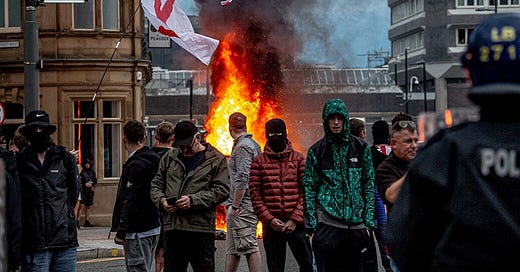





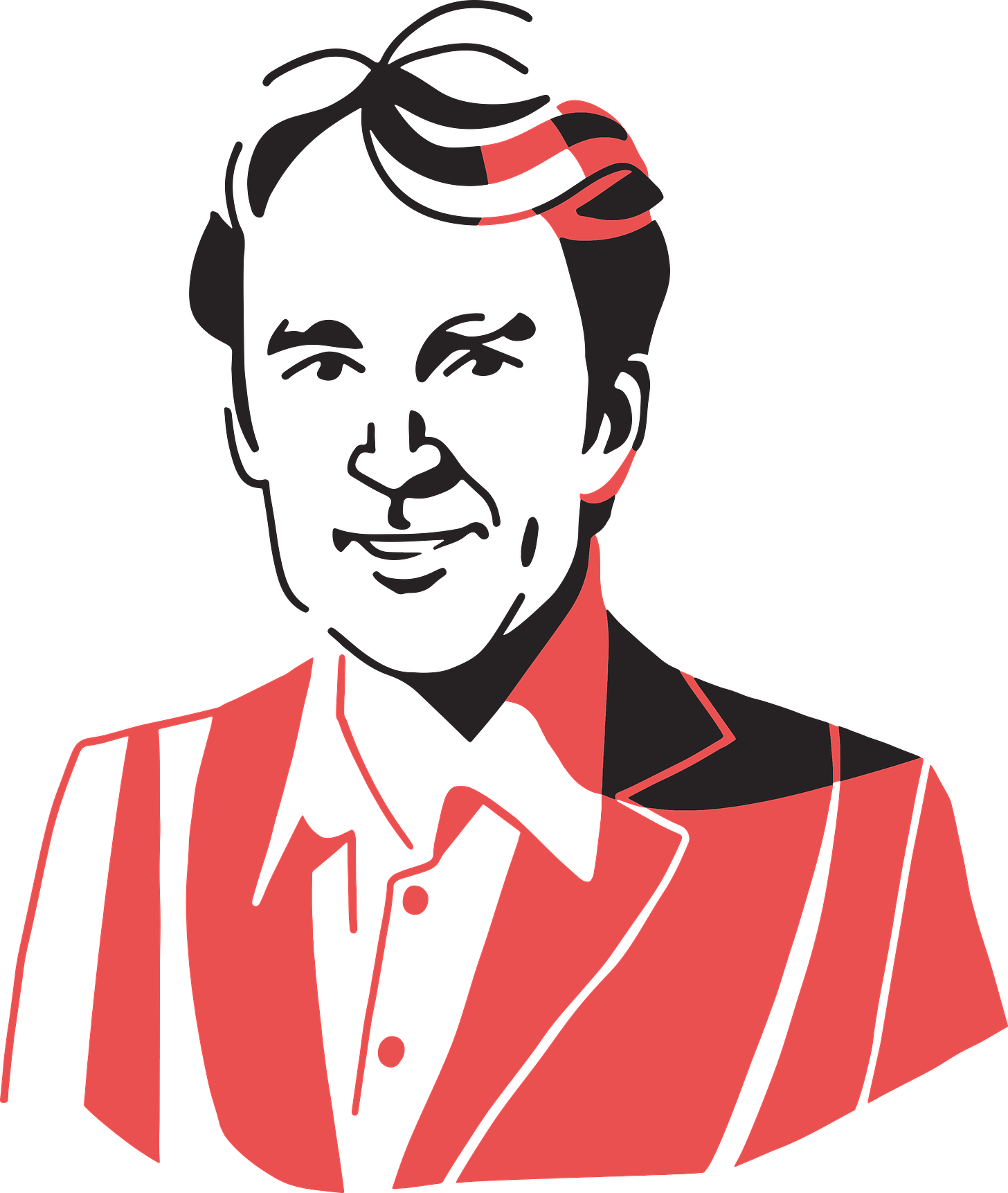




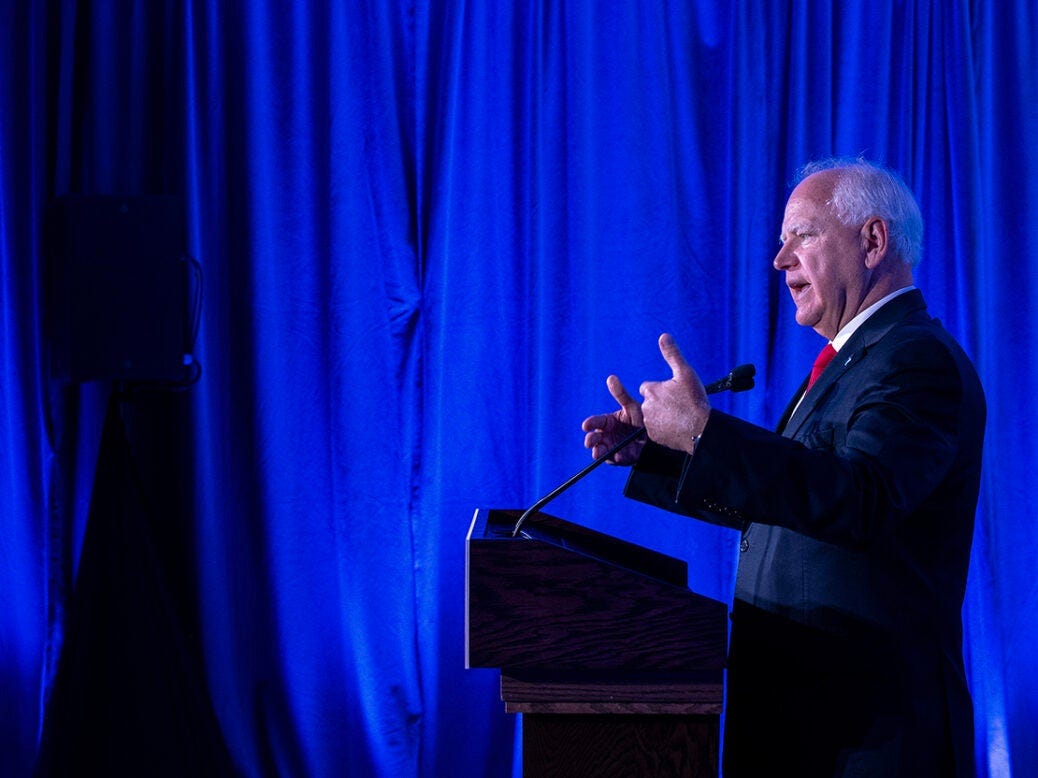
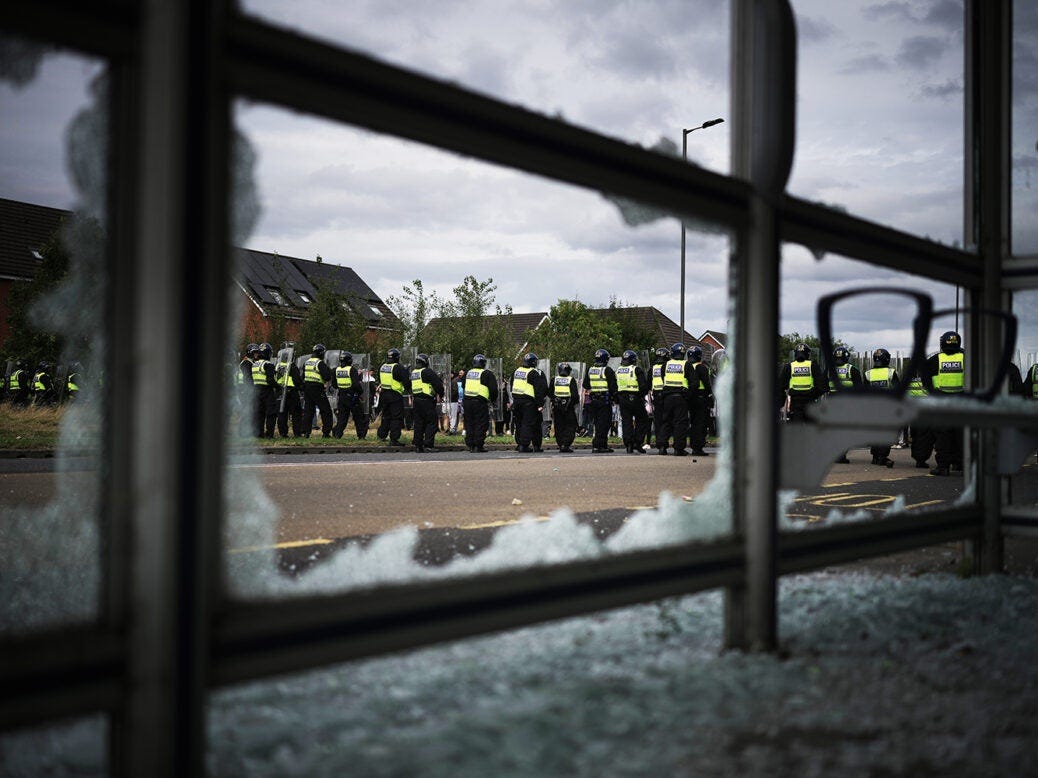

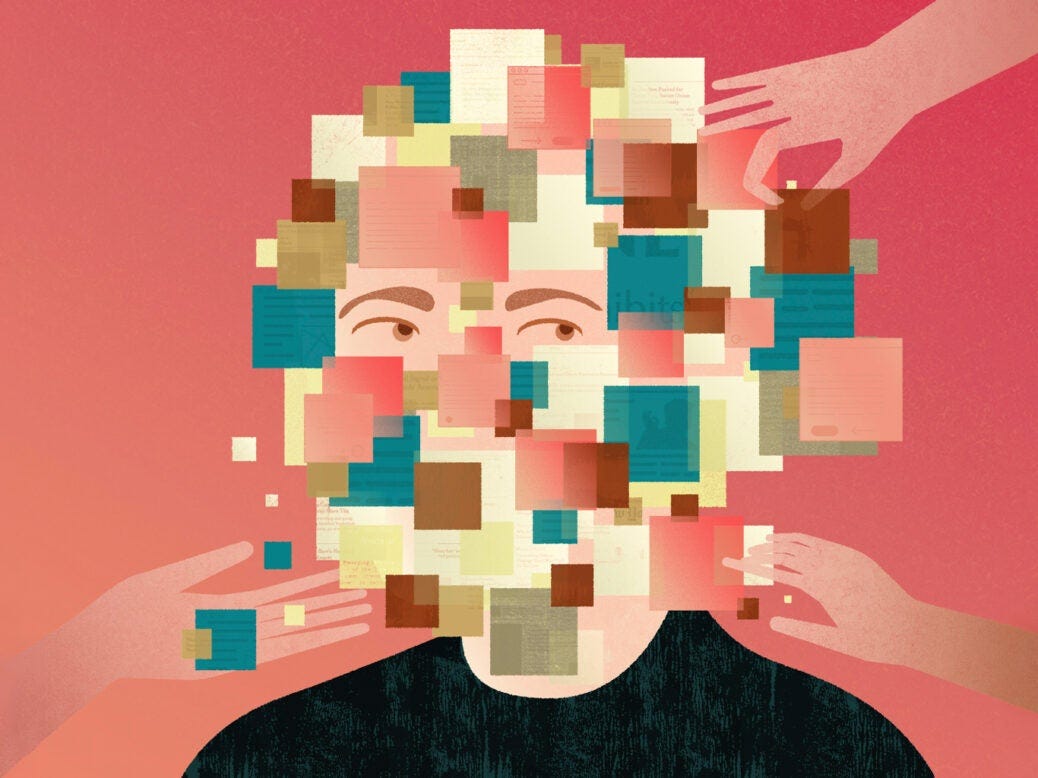
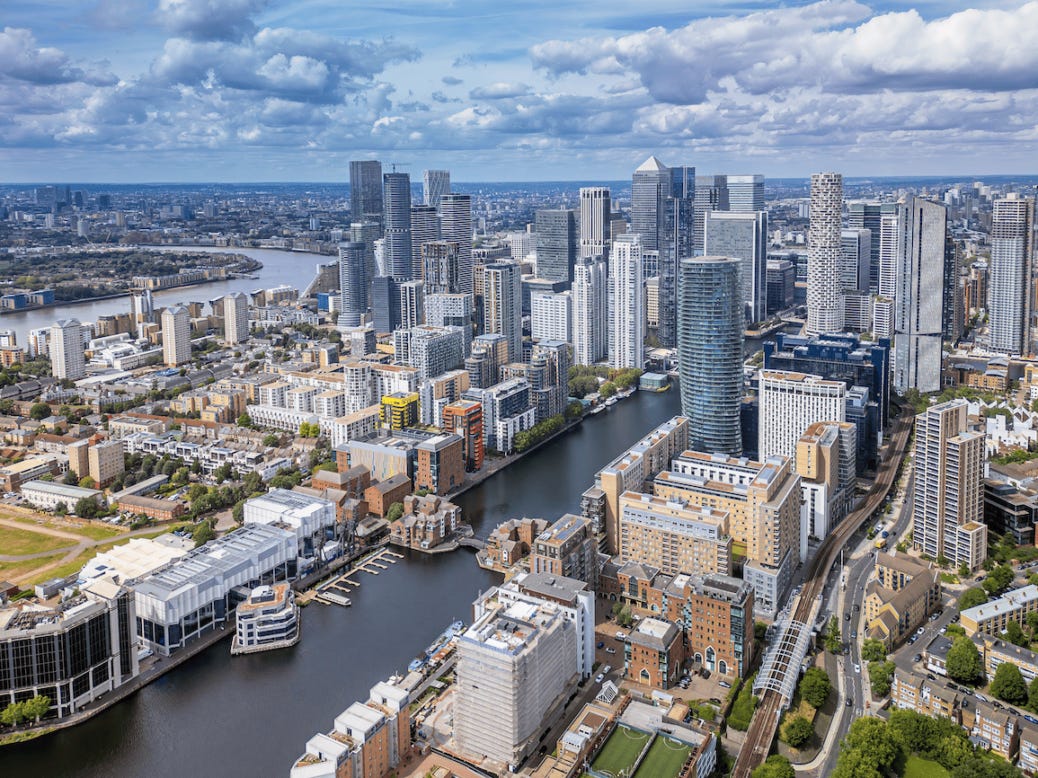
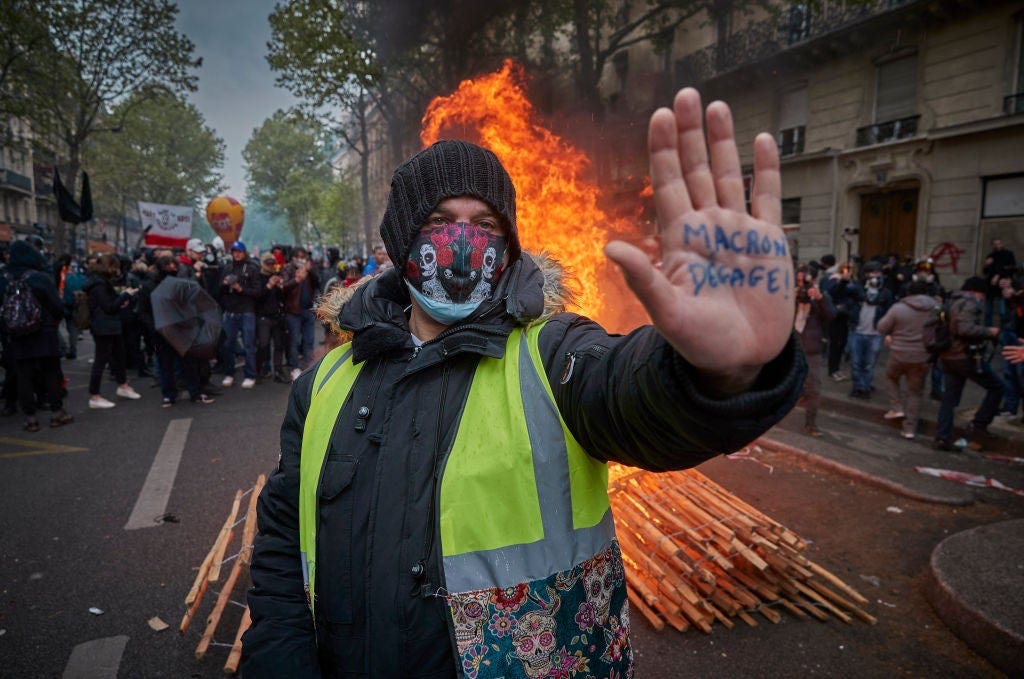

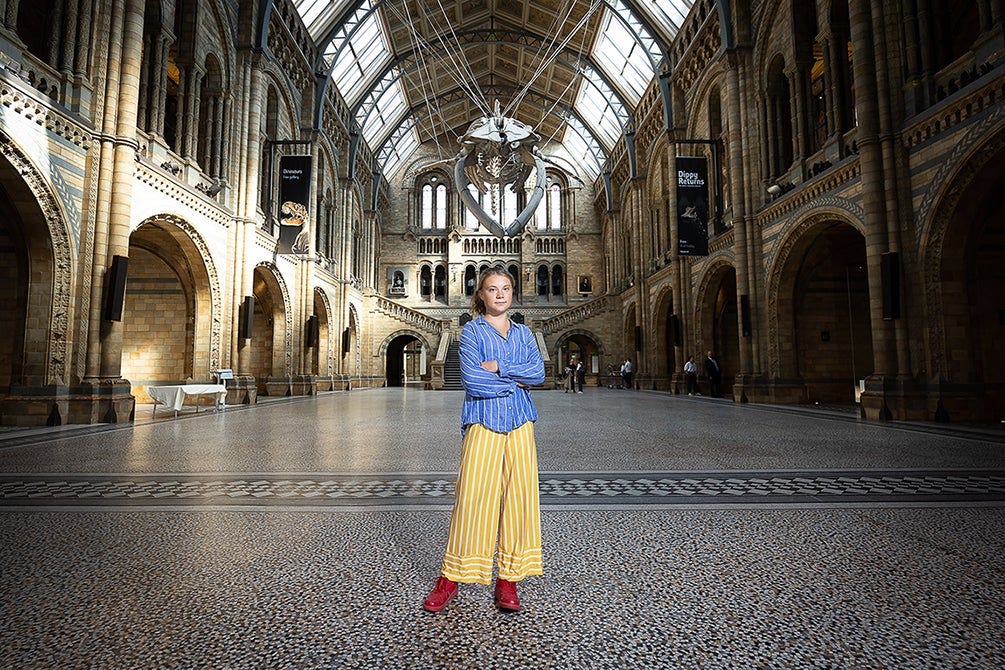
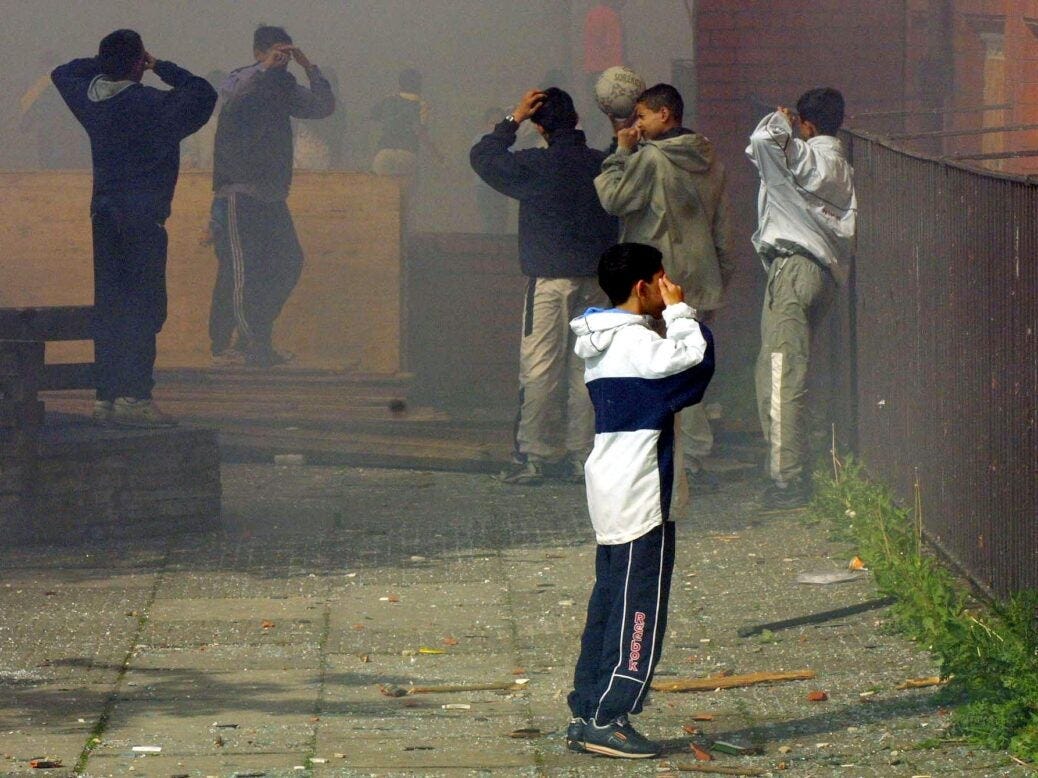

Katie Stallard ends her piece on Tim Walz with a typically banal & lazy journalistic sentence: "Certainly, Tim Walz offends no one, but the affable Minnesota governor will now need to show that he can win.” Why write this sort of thing, which seems to be typical of a certain kind of American journalist, hedging her or his bets? Walz has already taken the fight to the Republicans, and not merely because of his use of the word “weird”, as Stallard would fondly & falsely have us believe. He has made very direct and severe judgements on Trump & Vance, and the policies a Trump presidency would pursue in his interviews and in his speeches. Has Stallard listened to any of them. Walz is far from being merely affable. Cannot the New Statesman find something better than this tired stuff where extremely serious things are at stake, things that will affect all our lives, whether we are American or not (I am not, by the way)?